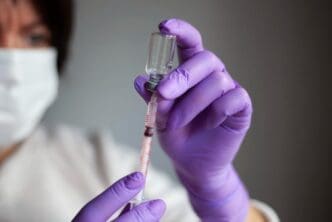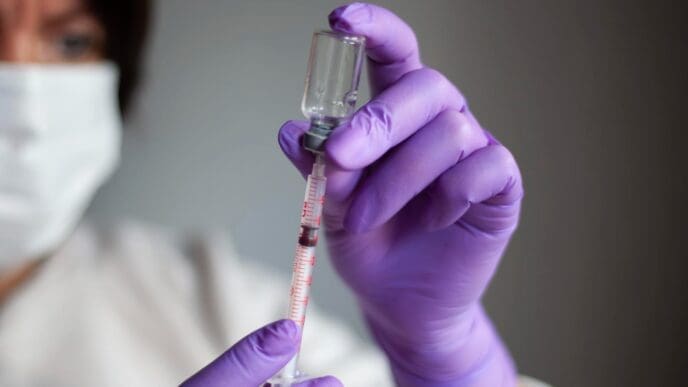Eating disorders pose a significant threat to individuals’ health and are alarmingly the second deadliest mental health condition. Yet, many who suffer receive little to no treatment. The question remains—why is care so elusive? With increased stigma and limited specialized care, those affected often find themselves navigating a maze with no clear path to recovery.
In this article, we explore the challenges faced by individuals like Zoe, who have battled eating disorders throughout their lives. We delve into the systemic issues that plague mental health care, such as underfunding and inadequate access to treatment facilities. By sharing personal stories and expert insights, we aim to shed light on the urgent need for reform in the treatment of eating disorders.
Zoe’s Struggle for Recovery
Zoe’s journey with an eating disorder began in childhood, masked by her inability to express her distress. Diagnosed with anorexia at 14, her family tried family-based treatment, the recommended approach for adolescents. Yet, like many others, Zoe found it ineffective, leaving her distrustful of the medical system she turned to for help.
Pandemic and Increased Cases
Dr. Tracy Richmond highlighted the pandemic as a ‘psychic wound’ for youths, exacerbating eating disorders. The pandemic disrupted routines, adding pressure on mental health. For many, the lack of social interaction and the sudden life changes became too much to bear.
The Complex Nature of Treatment
The lack of treatment options stems partly from a shortage of treatment centers, a problem that is particularly dire in rural areas. Stigma also plays a role, as societal stereotypes about who suffers from these disorders prevent many from seeking help.
Barriers to Receiving Care
Dr. Ariel Beccia points out that discrimination can exacerbate eating disorders. Young people of color face enormous challenges, as delays in treatment only worsen symptoms and prolong recovery times.
Limited Treatment Options
These disorders frequently require interdisciplinary approaches, blending physical and psychological care, but current healthcare systems lack integration. Dr. Evelyn Attia highlights that effective treatment needs to consider both medical and mental health aspects, but existing structures often fall short.
Zoe’s Journey Through Different Treatments
Zoe shared her experiences of feeling isolated in her treatment decisions. The lack of cohesive care plans left her feeling as though she was at odds with those meant to help her, an experience not uncommon among others with similar conditions.
Challenges in Research and Funding
Essential survey questions assessing youth risk for eating disorders were removed, impacting data collection and advocacy. This removal has hindered efforts to secure more resources and emphasize the public health nature of these conditions.
The Need for Professional Training
Dr. Attia and others work to bridge this gap by developing curricula that enhance medical professionals’ ability to identify and treat eating disorders. Their efforts aim to improve early intervention, which is crucial for effective management.
A Harm Reduction Approach
Recovery is not linear, and Zoe’s story is a testament to the patience required. Though not fully recovered, she has made significant strides. Her experience highlights the diverse paths to recovery and the value of personalized care.
Eating disorders continue to challenge the mental health care system, yet they often remain overlooked. Greater awareness and reform are essential to address this issue effectively. It’s crucial that society recognizes these conditions beyond stereotypes and offers support to all sufferers to improve their chances for recovery.












